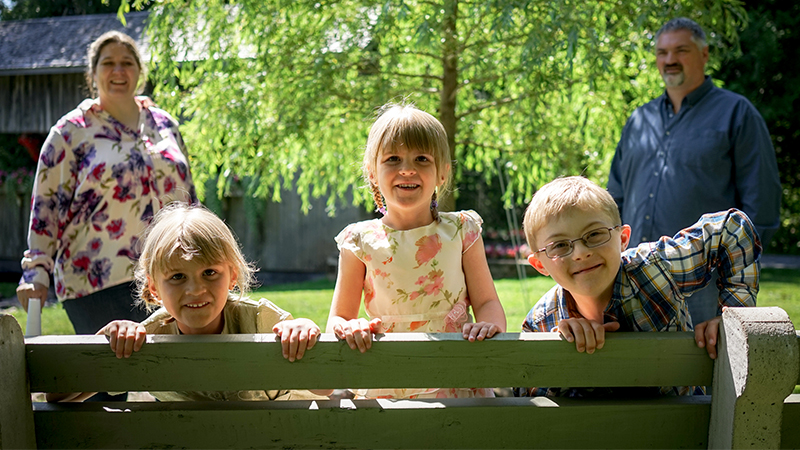Are you someone who has a disability and would like to access supports that would enhance your independence and community involvement? Do you know of someone with a disability who is looking for this type of help?
The New Brunswick Association for Community Living (NBACL) assists people with a disability and their families live full, meaningful lives and participate in society.
Many people who seek help from NBACL have an intellectual disability and/or a developmental disability, which impacts their ability to learn and use information. A person with an intellectual disability and/or a developmental disability can participate in all aspects of daily life, but may need more help than others. Some examples of a developmental disability may be someone who has Down Syndrome, Autism, Fetal Alcohol Syndrome, or another label. Others may not have a medical diagnosis.
To help people with a disability live their best life, NBACL is contracted by the Department of Social Development to offer two programs: Independent Facilitation and Social Inclusion. Social Development also works with NBACL to offer supports for children and youth with an intellectual or developmental disability.
Independent Facilitation involves an NBACL independent facilitator helping a person with a disability develop a plan to address unmet needs and enhance their well-being. An independent facilitator can assist a person with a disability to:
- create a vision for their future,
- identify their needs for support and possible options for meeting those needs using both unpaid and paid sources of support,
- make informed choices based on all options available in their community,
- prepare an application for disability supports to the Department of Social Development, and with the presentation of their individual support plan for consideration for funding by the government, and
- access other kinds of services that may be required.
An independent facilitator works directly for, and on behalf of, someone with a disability. While independent facilitation is provided by NBACL, the organization doesn’t fund disability supports and services. NBACL helps individuals and families access the supports they need.
Depending on the needs of the individual, they could get support through the Disability Support Program (DSP) for assistance including:
- a home support worker,
- respite,
- supports for community participation,
- personal living skills training,
- transportation supports, and
- technical supports and assistive devices not covered under other programs.
For more information on how to apply directly to DSP, click here.
Social Inclusion
Social Inclusion helps people with intellectual and/or developmental disabilities become more independent, make their own decisions, participate more in their community and plan for a home of their own. Social Inclusion facilitators in your area can help you become more involved in your community through volunteering, playing sports, or becoming a member of a club, faith group or hobby group. Social Inclusion facilitators do this by:
- learning about your interests and goals,
- introducing you to an individual, group or organization that suits your interests, and
- providing information and support to groups and organizations to ensure that you feel welcome and encouraged to fully participate.
Once that connection is made, you and the group have the information needed to continue your connection together, without the involvement of the Social Inclusion facilitator.
date of birth,
address and phone number,
Medicare number,
information about what supports you’re looking for, and
any supporting documents such as medical reports about your disability.
To be eligible for Independent Facilitation or Social Inclusion, you must be a resident of New Brunswick and be willing to participate. In addition, you must also meet the below criteria for each program.
Independent Facilitation
To qualify for Independent Facilitation, you must be:
- aged 19-64 (or within six months of your 19th birthday to start the process), and
- someone who has a long-term disability.
Social Inclusion
To qualify for Social Inclusion, you must be:
- aged 17-64, and
- someone who has a self-identified intellectual and/or developmental disability (you do not need a formal diagnosis from a doctor to be eligible.)
